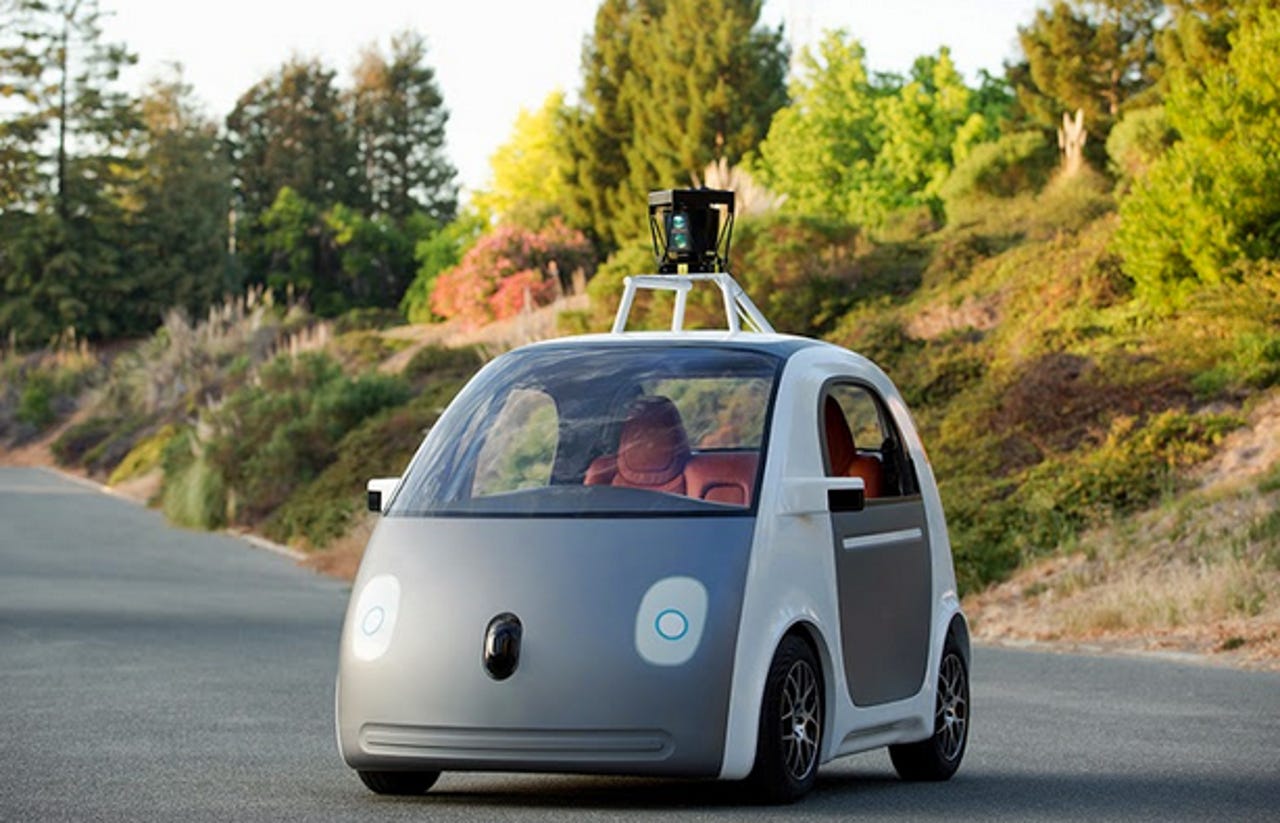FBI brands autonomous cars potential 'lethal weapons'


The FBI believes that autonomous cars could prove to be a "game changer" in the criminal world, and the technology could potentially be used as a "lethal weapon."
As reported by The Guardian, a Freedom of Information Act request yielded a report which reveals the FBI's opinion on autonomous vehicle technology. The report — restricted, but not classified — suggests that autonomous cars "will have a high impact on transforming what both law enforcement and its adversaries can operationally do with a car."
In other words, autonomous cars could end up being used for far more than just moving from A to B. Instead, the FBI believes high-speed chases could be revolutionized, with criminals engaging in shootouts while cars drive themselves and "bad actors [being able] to conduct tasks that require the use of both hands or taking one’s eyes off the road which would be impossible today," according to the report.
Featured
The report, written by law enforcement agents in the Strategic Issues Group within the FBI's Directorate of Intelligence, says that while self-driving vehicles will improve the efficiency of mobile technology, it will "also open up greater possibilities for dual-use applications and ways for a car to be more of a potential lethal weapon than it is today."
It is not just high-speed chases that could be revolutionized, it seems. The agents may also fear that safety controls will be overridden, speed limits will be ignored, and explosives could be stowed away in autonomous cars directed to drive into targets. There is also another factor: lapses in connected car security could allow victims' cars to be tampered with.
This is a direct contradiction to what automakers and tech firms, including Google, are trying to impart. Google's self-driving project is one of the most high-profile examples that comes to mind. The tech giant is aiming to develop a vehicle that will be able to "operate safely and autonomously without requiring human intervention." No steering wheel, accelerator or brake pedal. The cars will be controlled through buttons, and software takes care of the rest. Such vehicles use laser technology to detect obstacles and software imparts the rules of the road, with the intention of keeping drivers safe and lessening accident rates.
For other companies, including Apple and Microsoft, advancing and making our transport smarter represents a new revenue stream. Interactive dashboards and "infotainment systems," such as Apple's CarPlay, use mobile systems and apps to provide smart technology, real-time traffic updates, maps and other features useful for drivers.
However, the FBI does believe that autonomous cars do have a positive side. Within the report, agents also state that "the risk of distraction or poor judgement leading to a collision that stems from manual operation would be substantially reduced." In addition, self-driving cars could be used by law enforcement to tail suspects — improving surveillance and keeping suspects from realizing they are being followed.
Congress is expected to approve autonomous cars within the next five to ten years.